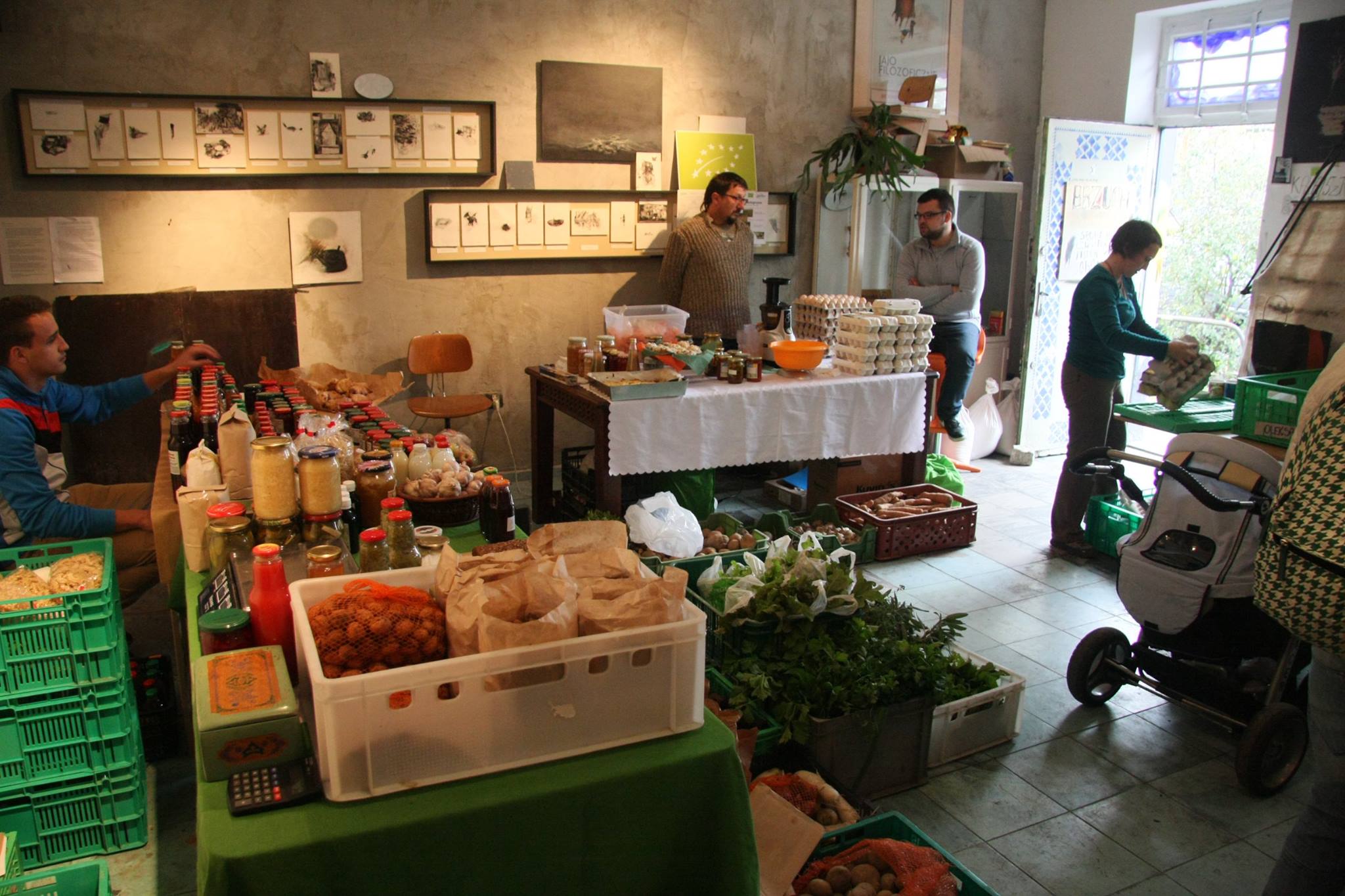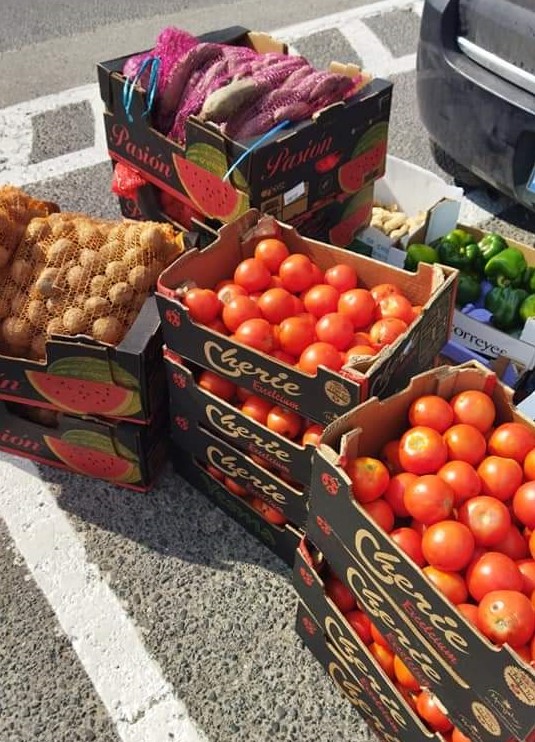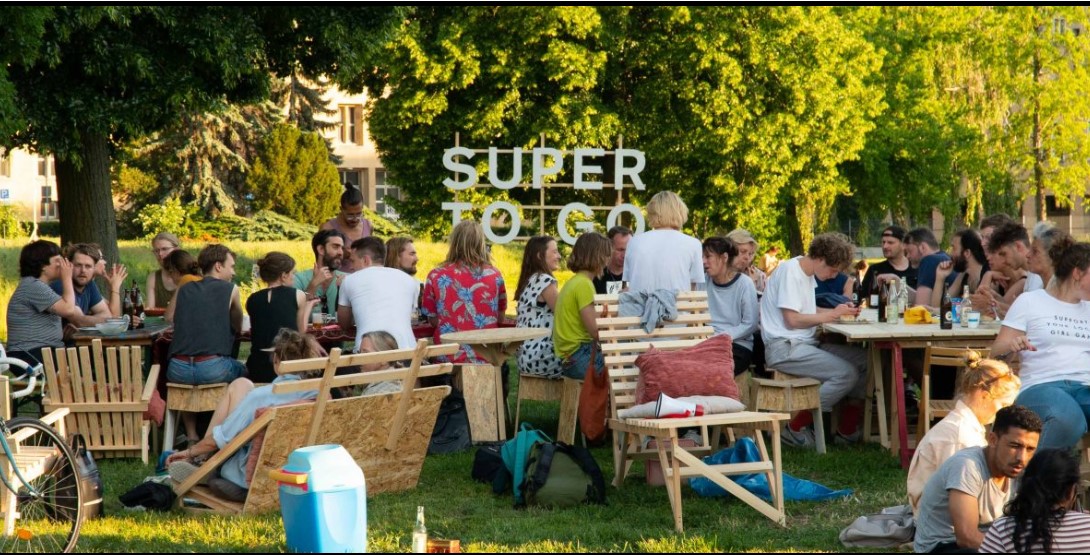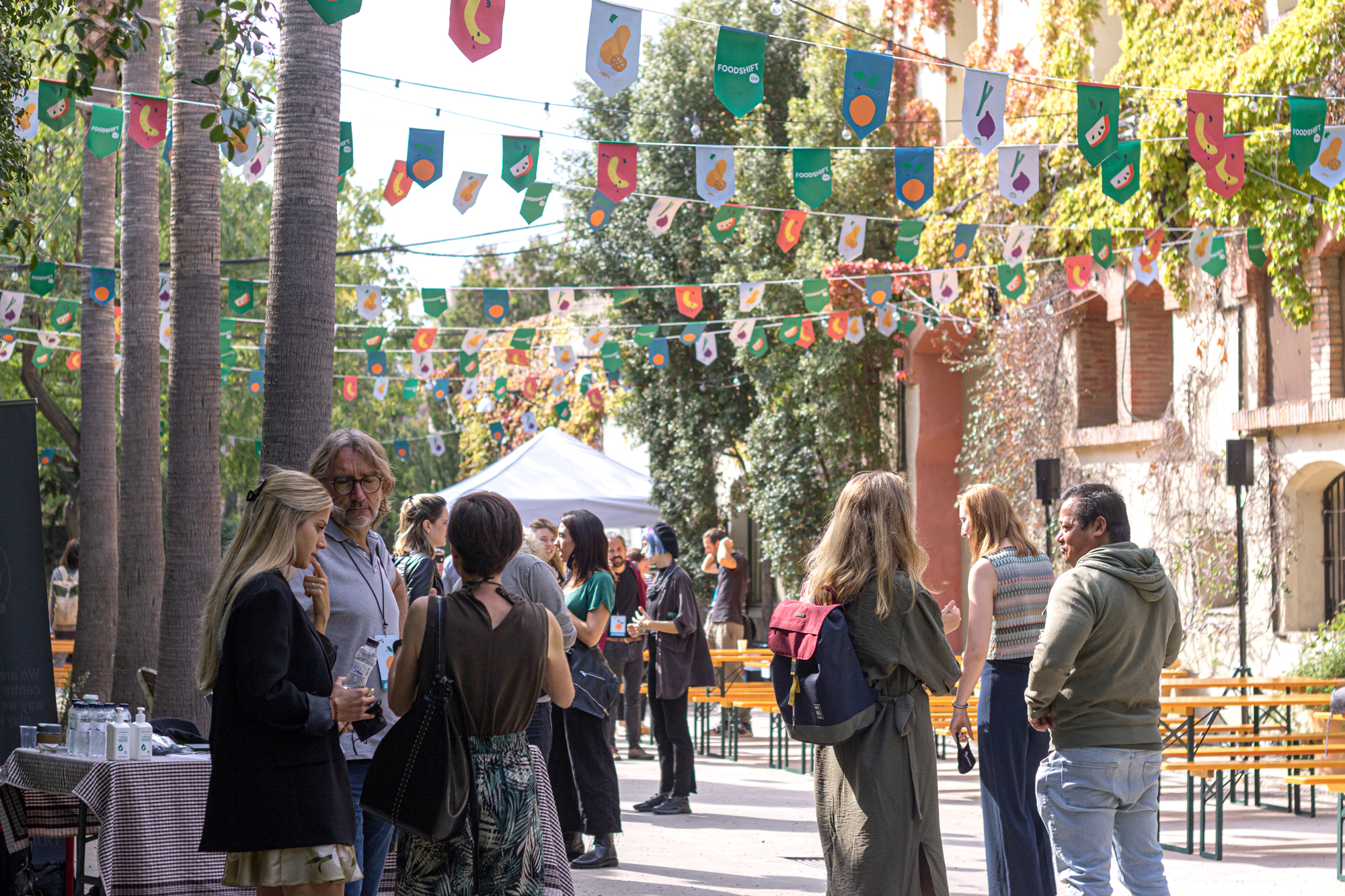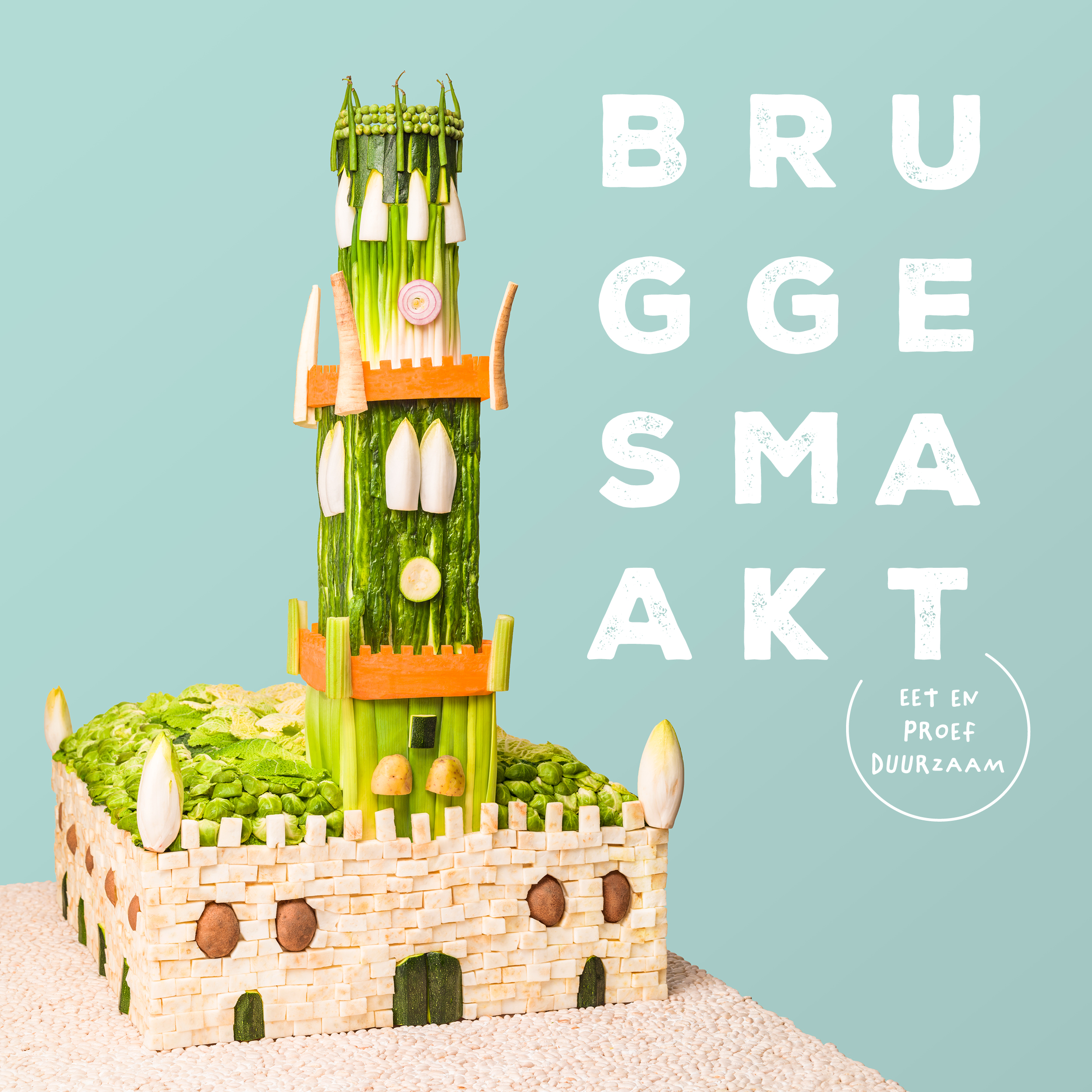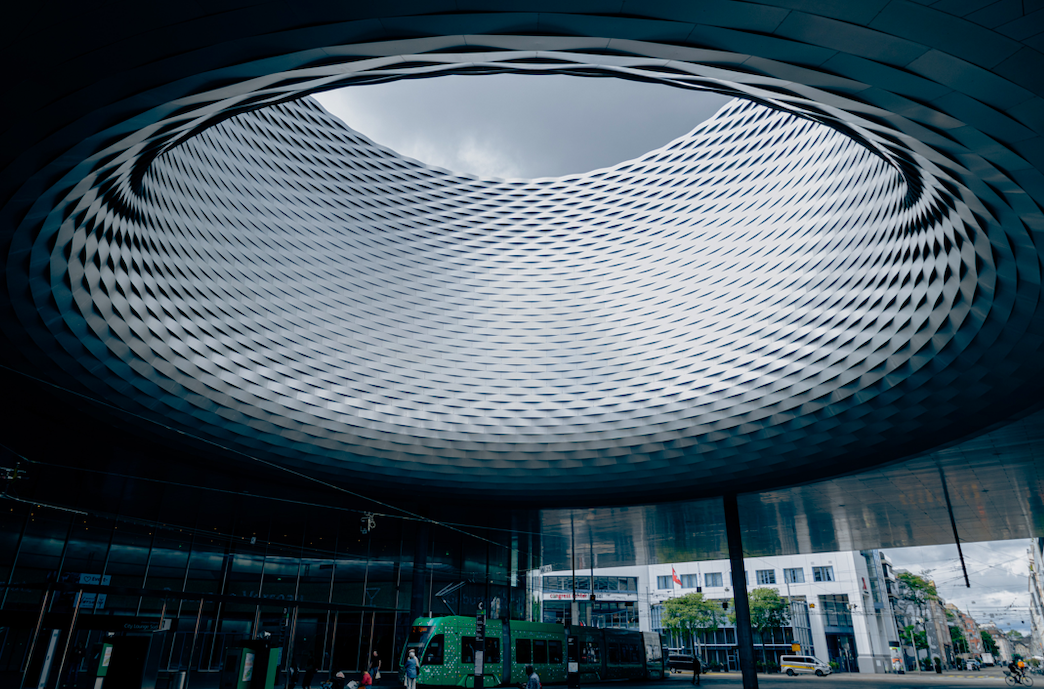BioKräuterei Oberhavel
09 August 2022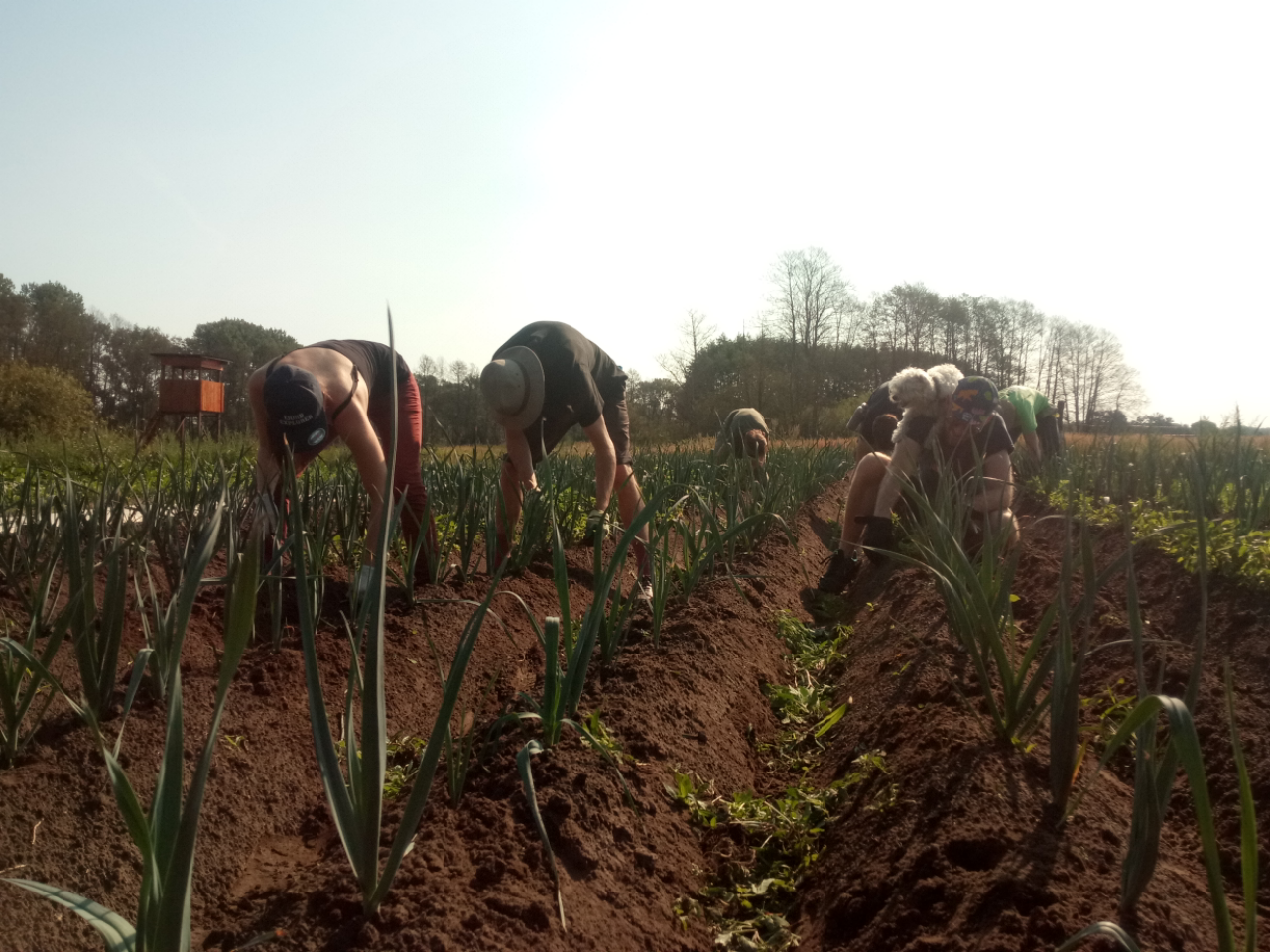
BioKräuterei Oberhavel
Oranienburg, Germany
BioKräuterei Oberhavel is a small organic vegetable farm (7ha) with more than 80 vegetables and herbs in the north of Berlin. The farm
exists since 2006 and operates since 2015 as a CSA with more than 200 shares. In addition to the cultivation methods of organic farming,
Biokräuterei implements knowledge of regenerative agriculture. Regenerative agriculture aims to improve soil health and reverse climate change by supporting topsoil regeneration, increasing biodiversity, and improving the water cycle.
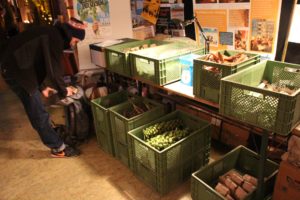
LOOKING AHEAD:
The BioKräuterei seeks to build up soil and hummus and store CO2 as a positive outcome of regenerative agriculture, create good jobs in the region and provide access to affordable, healthy, high quality food for all. To continue to do so, financing structures (co-op) must be developed to allow for investments in improved infrastructure (maturing).
More Information:
Website: www.biokraeuterei.de
Contact Person: Matthias Anders
Email: [email protected]
Info about the Innovators and the Innovation portraits Catalogue
FoodSHIFT 2030 aims to launch an ambitious citizen-driven transition of the European food system towards a low carbon circular future, including a shift to less meat and more plant based diets. This transition is necessary in order to address the pressing challenges for food and nutrition security, contribute to the EU commitment of reducing GHG emissions by at least 40% by 2030, and revitalize urban-rural linkages and partnerships.
To do so, it establishes FoodSHIFT Accelerator Labs for maturing, combining, upscaling and multiplying existing food system innovations across nine front-runner city-regions. In turn these innovations contribute to the FoodSHIFT vision.
An Innovation Catalogue called “Innovation Portraits” was created to snapshot each of the Food Innovations connected with each of the FoodSHIFT Accelerator Labs (FALs) across the 9 city regions.
Info about the Innovation Portraits Catalogue
The Innovation Catalogue will snapshot each of the Food Innovations connected with each of the FoodSHIFT Accelerator Labs (FALs) across the 9 city regions. Each FAL has a dedicated innovation focus and each chapter will present innovation cases from a particular FAL. For each of the innovations presented, a snapshot of the innovation concept and purpose will be given, alongside the key impacts the innovation has in relation to the FoodSHIFT Impact Pathways and the acceleration ambitions of the innovation.
In addition, each innovation portrait is also categorized according to its Innovation Dimension. These dimensions indicate what kind of innovation is being presented, and where in the value chain it plays a role. This is indicated by these tabs. The dimensions are defined as follows:
Product – Innovations in this category address new or updated products, including quality, safety and market impact.
Process – These innovations are relevant to new technologies for processing, logistical improvements, infrastructure and new/improved services.
Social – Innovations in this category are relevant to changes in behaviour (e.g. consumers/citizens), development of new relationships and inclusiveness.
Governance – The innovations address policy developments, including food planning, subsidies, taxing, certificates & labelling.
Learn more about all the Innovation portraits: https://foodshift2030.eu/meet-the-people-changing-your-food-system/
